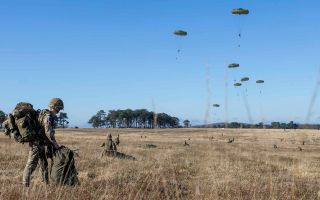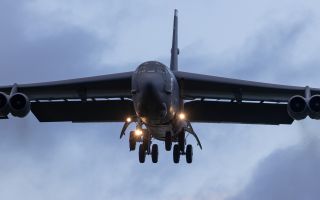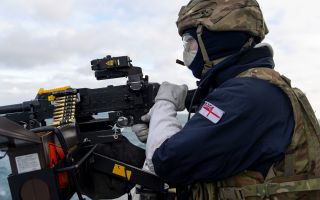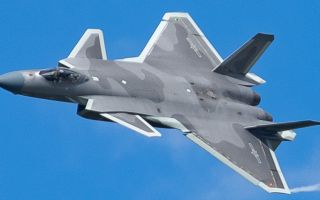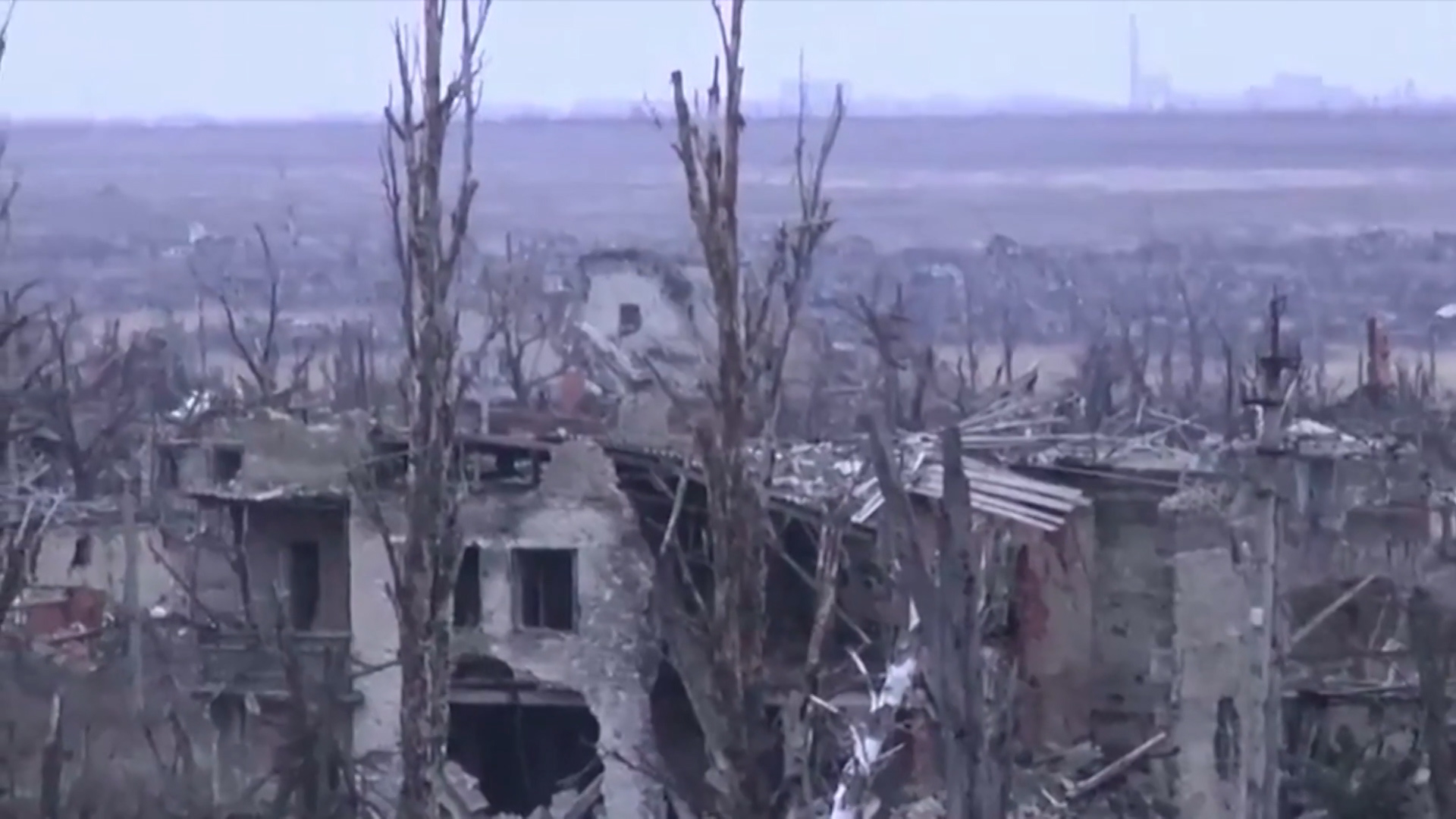
Violence on the rise and armed groups gaining power, survey's bleak results conclude

We live in an increasingly dangerous and violent world.
That's the conclusion of the International Institute for Strategic Studies (IISS) Armed Conflict Survey 2025, which found that nearly 240,000 people were killed in violent events between July 2024 and June 2025 - a 23% year-on-year increase.
The survey also highlights a rise in non-state armed groups, or NSAGs, noting that almost 204 million people worldwide live in territory fully or partially controlled by these often brutal and ungoverned actors.
Ukraine and Palestine were highlighted as the most brutal theatres of war, with 82,298 people killed in the former and 20,990 others killed in the latter in the 12-month period studied.
The report also found that globally, civilian deaths are up by 40%, reaching close to 50,000 in 2024. Gaza accounted for 80% of global child casualties and 70% of female casualties.
Rise of ungoverned force

As of June 2025, more than 204 million people worldwide are living under the full or contested control of NSAGs, according to the Red Cross.
These groups, 380 of which are identified as being armed, active and of humanitarian concern, are growing in power and influence thanks to territorial gains and economic arsenals. Drug, human and arms trafficking, mineral smuggling and cyber crime are just some of the way these groups make their income.
These groups pose a particular challenge for the international community as they're often highly volatile, resistant to diplomatic engagement and resolve disputes through violence.
Put simply: with these actors involved, the traditional ways in which we resolve conflict fall down.
Out in the cold
A battle for power and influence between great global powers such as the US, Russia and China has destabilised the overall geopolitical landscape, according to the IISS.
At the same time, multilateralism, where countries work together to achieve shared goals, is trending downwards, with organisations like the UN Security Council often ignored.
The think-tank particularly highlights US President Donald Trump's "America First" initiatives like cutting USAID funding for developing nations as being damaging to international cooperation, along with the West's perceived double standards around Israel's actions in Gaza.



